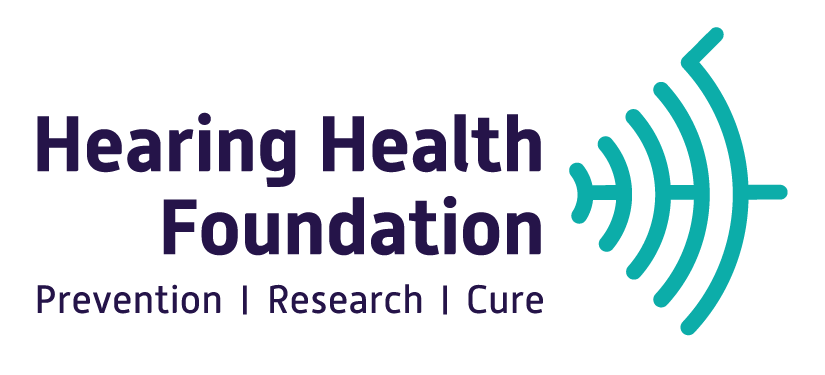Rachael R. Baiduc, Ph.D., MPH
Meet the Researcher
Baiduc received both her doctorate in communication sciences and disorders and her master’s degree in public health from Northwestern University in Illinois. She is an assistant professor in the department of speech, language, and hearing sciences at the University of Colorado Boulder. Baiduc’s 2018 Emerging Research Grant is supported by HHF’s Board of Directors as well as donors who designated their gifts to fund the most promising hearing research.
As a neuroscientist, I am fascinated by how the structural and functional changes that happen in the brain throughout our lives influence how we perceive the world. Talking with older adults about their listening experiences, as well as with researchers investigating aging, turned on a lightbulb for me: Certain age-related changes in the auditory brain, not just those in the ear, may also influence hearing abilities.
Both hearing loss and cardiovascular disease (CVD) are prevalent chronic conditions, and the auditory system has a demonstrated vulnerability to cardiovascular-related diseases. Through the use of cost-effective, clinically available techniques in conjunction with epidemiological data, a greater understanding of CVD risk factors that contribute to hearing loss will be a key toward prevention, early identification, and treatment.
I am also studying hearing outcomes in a Latino cohort of individuals who are classified as low- or high-risk for CVD. A natural next step was to craft a laboratory-based study in which I could explore more nuanced aspects of auditory health. I hope to eventually launch a larger-scale version using data from hundreds or thousands of participants along with sophisticated machine-learning approaches to better understand the relationship between heart health and hearing health.
Being offered a tenure-track position was joyous for me. Since then, I’ve published papers, submitted grants, and worked with numerous mentees. I have the honor of training the next generation of clinicians, teaching them to consider the entire patient and how overall health affects the delicate inner ear.
I spent a great deal of time in my father’s veterinary clinic and was inspired by his sense of curiosity and problem solving. Had I not become a scientist, I might have gone to a music conservatory and tried to thrive as a professional musician. I played clarinet in ensembles from middle school throughout graduate school. I am also a vegan and was a fitness instructor for about 10 years.
My father’s declining hearing loss over the years has allowed me to witness the psychosocial effects on our family. My research focuses on factors that exaggerate or accelerate age-related hearing loss. Understanding who is at risk is paramount for prevention and public health outreach.
To relax and spend time outdoors, I ride my horse Gandalf. We train together and compete in shows in jumping events. Sometimes while we are riding against the backdrop of the beautiful Rocky Mountains, I find myself thinking of new ideas for studies or ways to increase enrollment in my current studies. Inspiration can strike at any time!
Rachael R. Baiduc, Ph.D., MPH’s grant was generously supported by HHF’s Board of Directors as well as donors who designated their gifts to fund the most promising hearing research.
Click to download a PDF of Dr. Baiduc's Meet the Researcher profile.
The Research
University of Colorado Boulder
Hearing loss and cardiovascular disease risk burden: epidemiological and physiological data
Although hearing loss is often considered in isolation, recent evidence points toward comorbidity with other conditions including cardiovascular disease (CVD). Both hearing loss and CVD are prevalent chronic conditions, and the auditory system has a demonstrated vulnerability to cardiovascular-related diseases. Given that audiologists are likely to see patients with co-occurring conditions, a better understanding of CVD risk factors is useful. This study will use, for the first time, the notion of risk burden to explore the link between CVD and hearing loss in a large dataset, and will examine the link using specific measures of auditory status in a cross-sectional study. Through the use of cost-effective, clinically available techniques in conjunction with epidemiological data, a greater understanding of CVD risk factors that contribute to hearing loss will be a key toward prevention, early identification, and treatment.
Long-term goal: To identify CVD risk factors that may contribute to hearing loss and to develop clinical tools to assess at-risk individuals.


